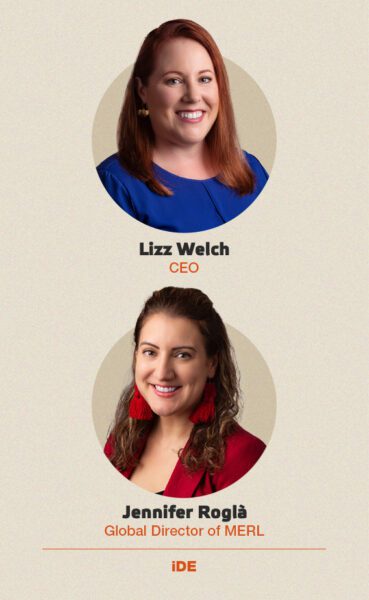Rethinking Copyright in the Age of Generative AI
Striking a balance between incentives and innovation
Leveraging support systems and capital for economic mobility

Related Content
Comments
Deep Dives
RECENT
Editor's Picks
Webinars

Featuring
Lizz Welch & Jennifer Roglà
iDE
May 16 - 12:00 PM EST

Impact Encounters
May 22 - 6:30 PM EST
News & Events
Subscribe to our newsletter to receive updates about new Magazine content and upcoming webinars, deep dives, and events.
Become a Premium Member to access the full library of webinars and deep dives, exclusive membership portal, member directory, message board, and curated live chats.
0 Comments